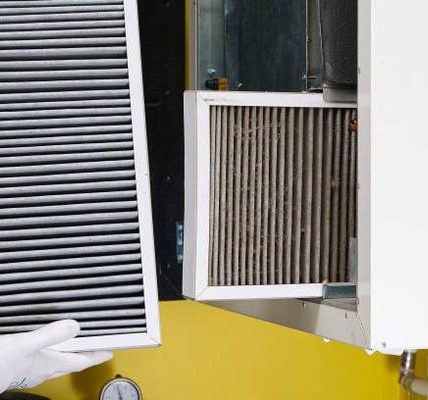Before getting a tattoo or piercing, proper skin protection and preparation are essential to ensure the best possible outcome and minimize risks such as infection, irritation, or poor healing. Taking care of your skin in the days leading up to the procedure can significantly influence how well your body responds to the trauma caused by needles and ink.
Firstly, it is important to keep the area clean and moisturized. Clean skin reduces the likelihood of bacteria entering through punctures during tattooing or piercing. Use a gentle cleanser without harsh chemicals or fragrances that could irritate your skin. Avoid scrubbing aggressively; instead, wash with lukewarm water and pat dry using a clean towel. Applying a fragrance-free moisturizer regularly will help maintain your skin’s natural barrier, making it more resilient when subjected to needles.
Hydration plays a crucial role in preparing for any body modification involving penetration of the skin. Drinking plenty of water keeps your skin supple and improves overall healing capacity. Well-hydrated skin is less prone to cracking or excessive bleeding during procedures, which helps artists work more efficiently and safely.
Avoid sun exposure on the area you plan to tattoo or pierce for at least two weeks prior. Sunburned or tanned skin can source be fragile and sensitive, increasing discomfort during treatment as well as prolonging recovery time afterward. If you must be outdoors, cover the spot with clothing rather than applying sunscreen directly before going in for an appointment because sunscreen residues might interfere with equipment sterility.
Refraining from alcohol consumption at least 24 hours before getting inked or pierced is advisable since alcohol thins blood and may cause increased bleeding during procedures. Similarly, avoid taking aspirin or anti-inflammatory medications unless prescribed by a doctor because they also affect clotting mechanisms.
It’s wise not to shave immediately before your appointment unless instructed otherwise by your artist or piercer since shaving can create tiny cuts that become vulnerable entry points for bacteria. If hair removal is necessary near the site, do so gently several days ahead of time so any irritation has time to heal fully.
Informing professionals about any existing medical conditions like eczema, psoriasis, diabetes, allergies, or immune disorders helps them tailor aftercare advice specifically suited for you while ensuring safety throughout both tattooing and piercing processes.
Ultimately preparing properly means arriving rested with healthy food eaten beforehand; low blood sugar levels may increase lightheadedness risk during sessions lasting several hours.
By following these guidelines carefully before getting tattoos or piercings done on your body’s surface you reduce complications drastically while promoting smooth healing afterward-creating conditions where art meets health responsibly without compromising either one’s integrity at all times involved in this personal transformation journey through permanent adornment choices offered today worldwide across diverse cultures embracing self-expression forms beyond mere aesthetics alone yet deeply intertwined into individual identity narratives unfolding visibly upon human canvas daily everywhere imaginable globally now too!





